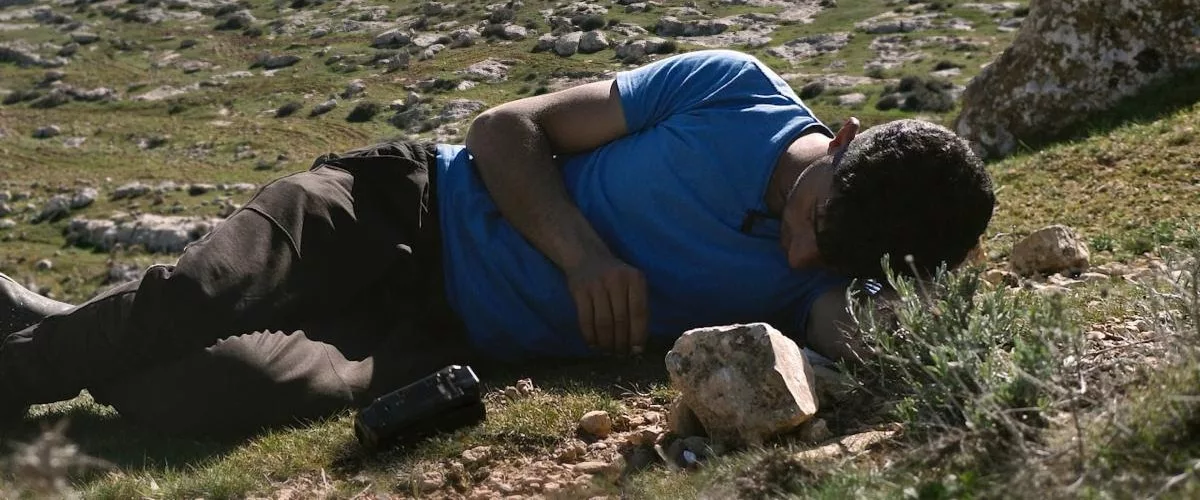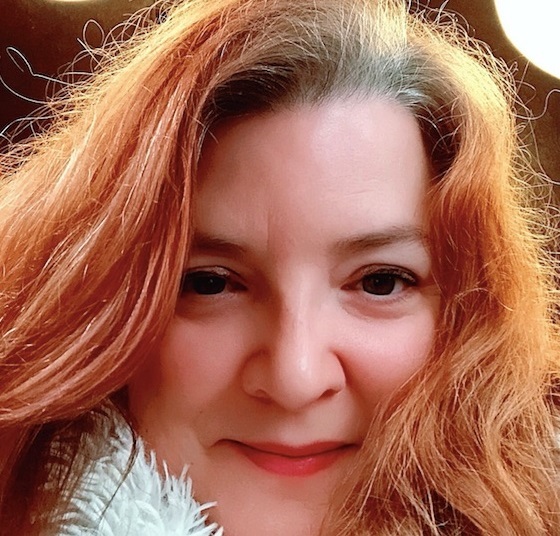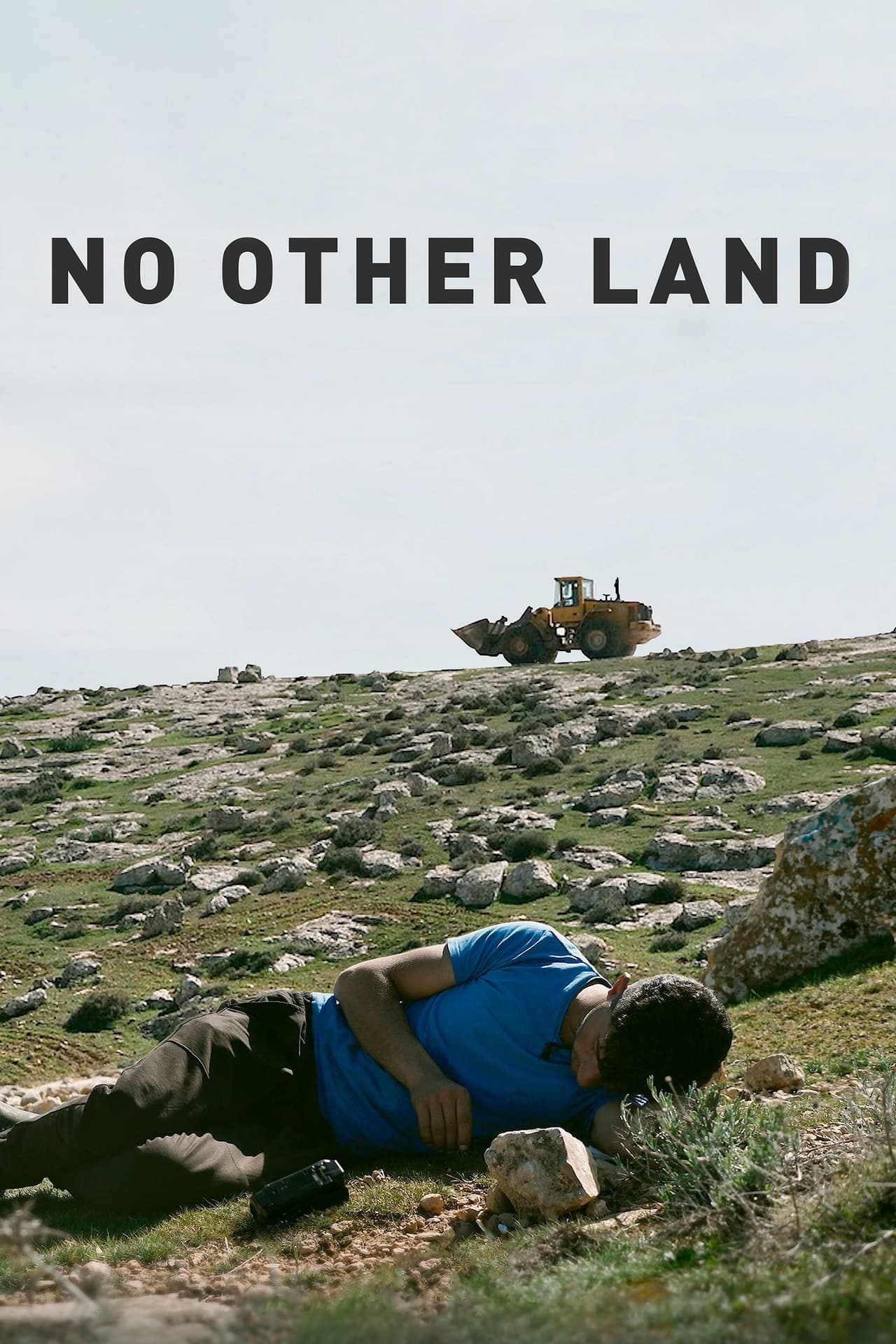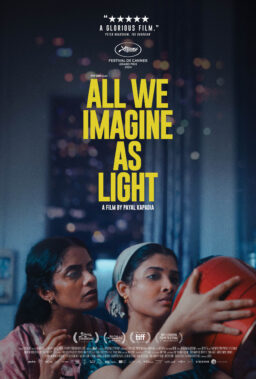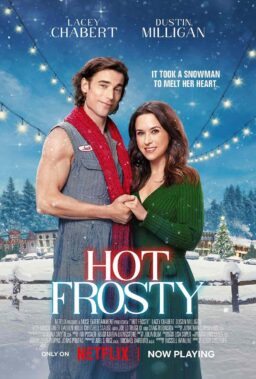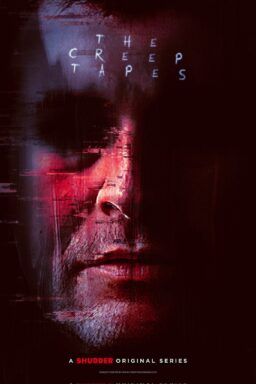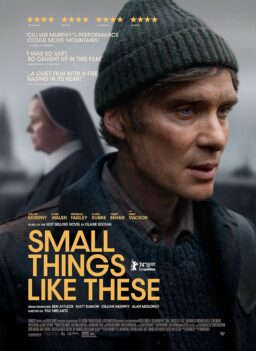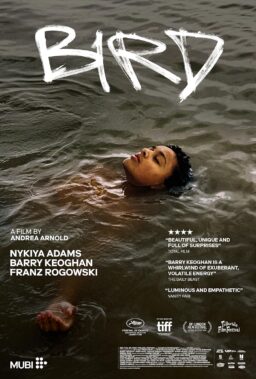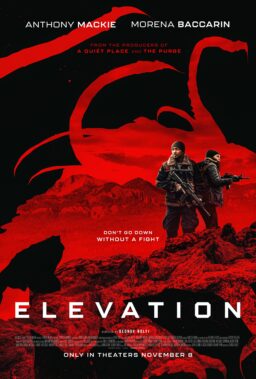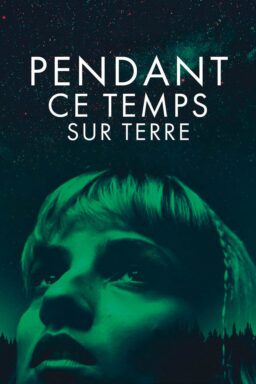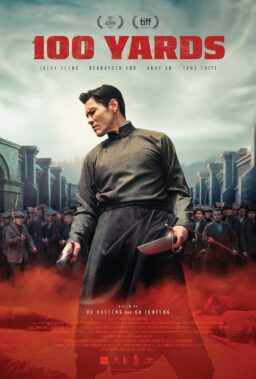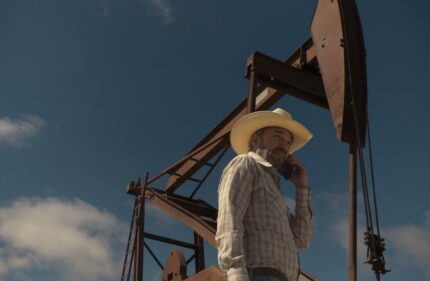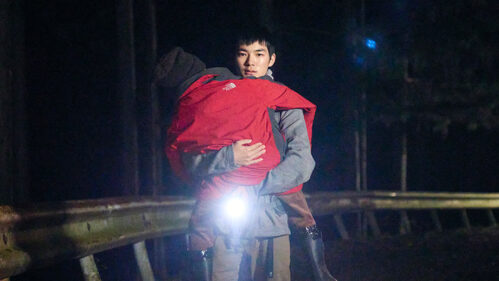As the bulldozer hovers behind the house, demolition imminent, a woman screams, "My daughters are still in there!" at the soldier pushing her out the door. The soldier says, with no feeling or hesitation, "Doesn't matter."
"Doesn't matter." The coldness of it, the dehumanization, is so complete it's shocking, even after everything else we've seen, all the horrors in this world. Maintaining the ability to be shocked by heartless cruelty is what makes us human, and the only thing, at times, that keeps the flame of hope alive. If "doesn't matter" is your response to a woman's plea for her daughters' lives, regardless of her politics/culture/religion/race, etc., then you have left the human circle entirely.
This is just one of the many heartless moments on display in "No Other Land," a documentary about the ongoing destruction of Masafer Yatta, a cluster of villages located in the southern West Bank of Palestine. One inhabitant says his ancestors moved there in the 1830s. People have been living there for generations. But Masafer Yatta has been turned into a training ground for the Israeli military, meaning the population's presence is now considered illegal. Rebuilding their destroyed homes is also considered illegal since they need building permits (which, of course, they can't get). The ongoing fight of Masafer Yatta to keep their land occasionally makes headlines, particularly when there are deaths (as there often are), but still, the demolitions continue. "No Other Land," co-directed by a group of Israeli and Palestinian filmmakers and journalists (Basel Adra, Yuval Abraham, Hamdan Balla and Rachel Szor) was finished, chillingly, just before October 2023.
Basel Adra grew up in a small village in Masafer Yatta, the child of activist parents. His first memory was his father being arrested at a protest (not his first or last arrest). Basel also remembers former British Prime Minister Tony Blair visiting Masafer Yatt for a whopping seven minutes. Basel is a young man, a former law student, who now devotes his time to documenting the village demolitions, the tanks circling the area, and bulldozers heading down the hill. Basel is constantly on his phone, posting pictures and videos to his Instagram feed capturing the soldiers bristling with military gear, the assaults, the destruction of buildings. Basel is brave. He runs towards the soldiers, shouting, phone up. He is his father's son, although he expresses doubts about having the "energy" of his father to keep up the fight. He says, bleakly, "I started filming when we started to end."
The bulldozers destroy homes as children weep and women scream, and the soldiers are rough with everyone, grabbing the children roughly, shoving past old women. People shout, "Aren't you ashamed?" The people try to appeal to the soldiers' human side: "If this was your home, how would you feel?" A man named Ilan oversees the demolitions, and he is particularly monstrous with his mirrored sunglasses and contemptuous, flat-affect attitude. The tanks roll out of town, leaving a pile of rubble behind. "No Other Land" is a portrait of relentless cruelty, but it is also a portrait of the resilience of this besieged community. Every night, under the cover of darkness, the community rebuilds. These new structures will be destroyed as well. Then, they will rebuild again.
Basel has teamed up with Israeli journalist Yuval Abraham to document what is happening. Yuval considers what his home country is doing is a crime, but there are constant reminders of the differences between his situation and Basel's. Yuval is disappointed in the low number of clicks some article he wrote received. Basel basically shrugs. To him, this is typical and also a little frivolous. The occupation won't end next week because of some article Yuval wrote. However, Yuval's support is authentic, and he remains at Basel's side. Their dynamic is not bitter, even with the gap of experience. They share the same goal.
Because this is the 21st century, Basel's entire life has been captured on film. We see footage of Basel as a child; we see his energetic father organizing and participating in protests. The footage in the documentary is, at times, chaotic and hand-held, understandably. Still, there are other more meditative shots, mournful and poetic, children swinging on the swings (before the playground was destroyed), and Basel's father's "gas station," a lonely single pump, a fragile oasis of light in the darkness. The gas station is a gathering place, a hub of communication, and a place to unwind.
One of the villagers is shot for trying to hold on to his generator, an extremely important item. He ends up paralyzed from the neck down, totally helpless and cared for by his mother in a dark cave dwelling. Doctors can't get to them. She can't get to doctors. Journalists visit and interview her, take pictures of her son, nod sympathetically as she sobs. Then they get in their cars and drive away. The persecution is nonstop, an immovable force. One day, the soldiers pour cement into the only well in the area.
There's a word for all of this: Indefensible.
"No Other Land" was created under dire circumstances (even more dire now) and brings on heartbreaking questions. What has happened to the people in the documentary since October of last year? What about the children who run in the streets, who beg to go to school, who de-compress by playing games on their phones ... what has happened to all of them? To everyone? Agnieszka Holland's "Green Border," showing the years-long refugee crisis in the forest borderland between Belarus and Poland, was one of the most upsetting and important films this year. "No Other Land" stands beside it in equal urgency, hopelessness and anger.
In October 2023, Palestinian poet Mosab Abu Toha fled his home in Beit Lahiya with his family and was detained by the IDF, trying to leave the Gaza Strip. Toha had already published a book of poetry and is a well-known public figure, having established an English-language library in Beit Lahia named after Edward Said (the library has since been destroyed). Toha was released, perhaps because of his high profile, and made it first to Egypt and then the United States. Forest of Noise, his second book of poetry, was published in mid-October of this year, and the poems are filled with vivid imagery and stark mourning. Toha's work is essential reading (as is his "Letter from Gaza" column in The New Yorker). "No Other Land" called to mind his poem "Obit," which ends:
To my shadow that's been crushed by cars and vans,
its chest pierced with shrapnel and bullets
flying with no wings,
my shadow that no one's attending to,
bleeding black blood
through its memory
now, and forever.
"No Other Land" is an act of bearing witness to the "shadows no one's attending to." Just watching is not enough, but it's the start of "attending to" those in pain. At least it's not turning away or thinking it "doesn't matter."
